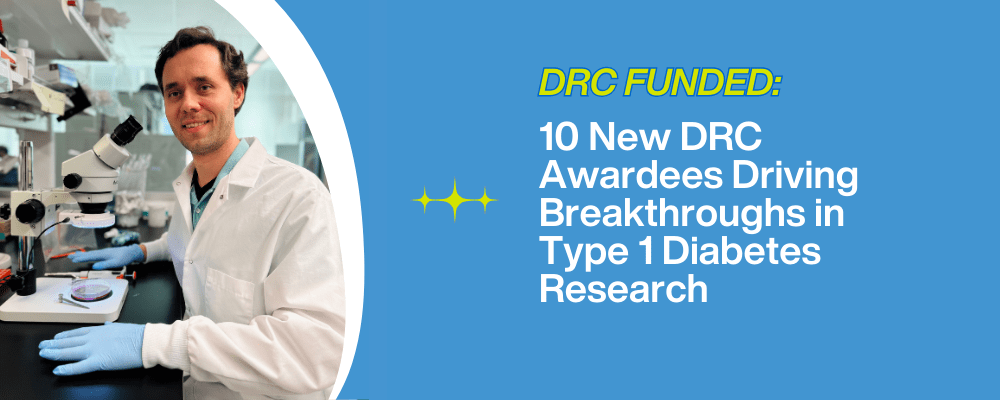While researchers know that type 1 diabetes involves the destruction of insulin-producing beta cells or lack of production of insulin, they are still not clear on exactly what causes type 1 diabetes to develop. A great deal of time has been devoted to studying genetics and the role it may play in T1D risk. Now scientists are exploring a different avenue – the influence of viruses on diabetes risk.
A recent study led by Professor Ronald Kahn, chief academic officer at Joslin Diabetes Center, identified four viruses that can produce insulin-like hormones. These viruses were found to “produce peptides that are similar in whole or in part to 16 human hormones and regulatory proteins.” While these viruses are found in fish and amphibians, not humans, eating fish may expose the human body to the viruses and therefore have an effect.
Scientists synthesized these peptides and conducted experiments on mice and human cells to determine how they would respond. The viral insulin-like peptides (VILPs) acted like hormones, attached to human insulin receptors, and stimulated the same signaling pathways. In addition, mice were found to have lower levels of blood glucose after being exposed to the VILPs.
According to Kahn, these research findings could lead to new studies regarding type 1 diabetes and autoimmunity. The insulin-like hormones “could be an environmental trigger to start the autoimmune reaction in type 1 diabetes.” However, there is the possibility that they could work as a protective factor as well by desensitizing the immune response.
There are more than 300,000 viruses carried by mammals, but only about 7,500 have been sequenced so far, so there is the possibility that other viruses exist that may affect human cells and T1D risk as well. This study is just the start of understanding the role of microbes in human disease according to Dr. Emrah Altindis who also works at the Joslin Diabetes Center.
The depth and breadth of understanding regarding type 1 diabetes and various aspects of the disease is expanding every day. The Diabetes Research Connection is committed to supporting peer-reviewed, novel research studies that aim to improve diagnosis, treatment, and quality of life for individuals living with T1D. Through donations from individuals, companies, and foundations, the DRC provides funding to early career scientists to pursue innovative projects. Learn more about current projects and how to support these efforts by visiting http://diabetesresearchconnection.org.




